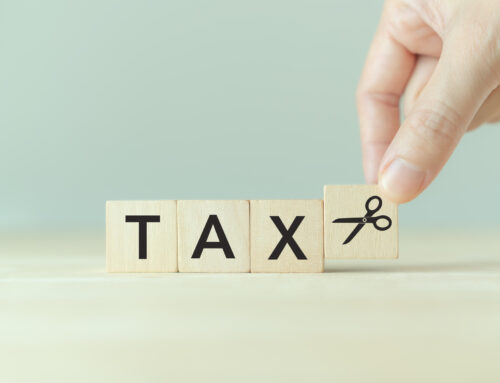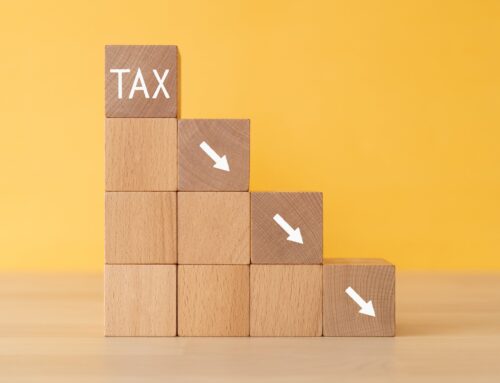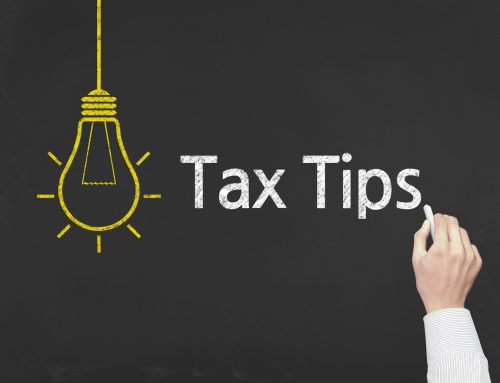
Will your tax burden dramatically decrease in retirement once you stop receiving a paycheck? Maybe not – maybe it will increase. Between retirement account distributions, Social Security benefits, and investments, you may have reasons to review your tax strategy in retirement. We may be experiencing relatively low taxes right now, but the recent change in leadership in Washington and a growing national debt could change that. Let’s look at 3 reasons why your tax burden could actually increase in retirement.
Required Minimum Distributions
Distributions from traditional retirement accounts such as IRAs, 401(k)s, 403(b), 457, and Thrift Savings plans are taxed as ordinary income. Required Minimum Distributions from your traditional retirement accounts begin at age 72[1] and may force you to withdraw more than you would otherwise every year. The purpose is to draw down your account and tax the funds that have been growing tax-deferred for many years. If you have a substantial amount saved in a tax-deferred retirement account, consider how this could increase your tax burden later on. There are ways to help minimize your taxes in retirement, such as converting part or all of a pre-tax retirement account to a Roth IRA.
Social Security Benefits Can Be Taxed
Up to 85% of your Social Security benefit can be taxed, depending on your income. To figure out if your benefit can be taxed, add up your adjusted gross income, nontaxable interest, and half of your Social Security benefit to get your combined income. If your combined income as an individual is between $25,000 and $34,000 or is between $32,000 and $44,000 as a married couple filing jointly, up to 50% of your benefit may be taxable. And if your combined income as an individual is over $34,000 or over $44,000 as a married couple filing jointly, up to 85% of your benefit may be taxable.[2]
Property Sales
Will you sell your house or a rental property in retirement? These are significant financial moves that could potentially increase your tax burden dramatically if not done strategically. If you’re selling your primary residence and meet certain requirements, such as having lived there for two out of the last five years, then up to $250,000 in profit can be taken tax free. This doubles to $500,000 for married couples filing jointly.[3] If you’re selling property that isn’t your primary residence, the rules are different. If you own a rental property and want to retire from being a landlord, you may consider alternative tax strategies and investment options. An advisor can learn about your particular situation and help you create a plan.
We understand that taxes could be your biggest expense in retirement and want to work with you to help minimize them. Tax and income planning are important parts of a comprehensive retirement plan, and these elements need to work together in one comprehensive plan. To start exploring tax minimization strategies in retirement, sign up for a complimentary financial review with us!
[2] https://www.ssa.gov/benefits/retirement/planner/taxes.html
[3] https://www.irs.gov/taxtopics/tc701









